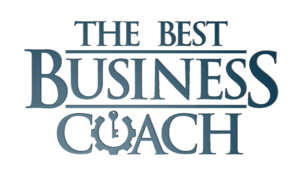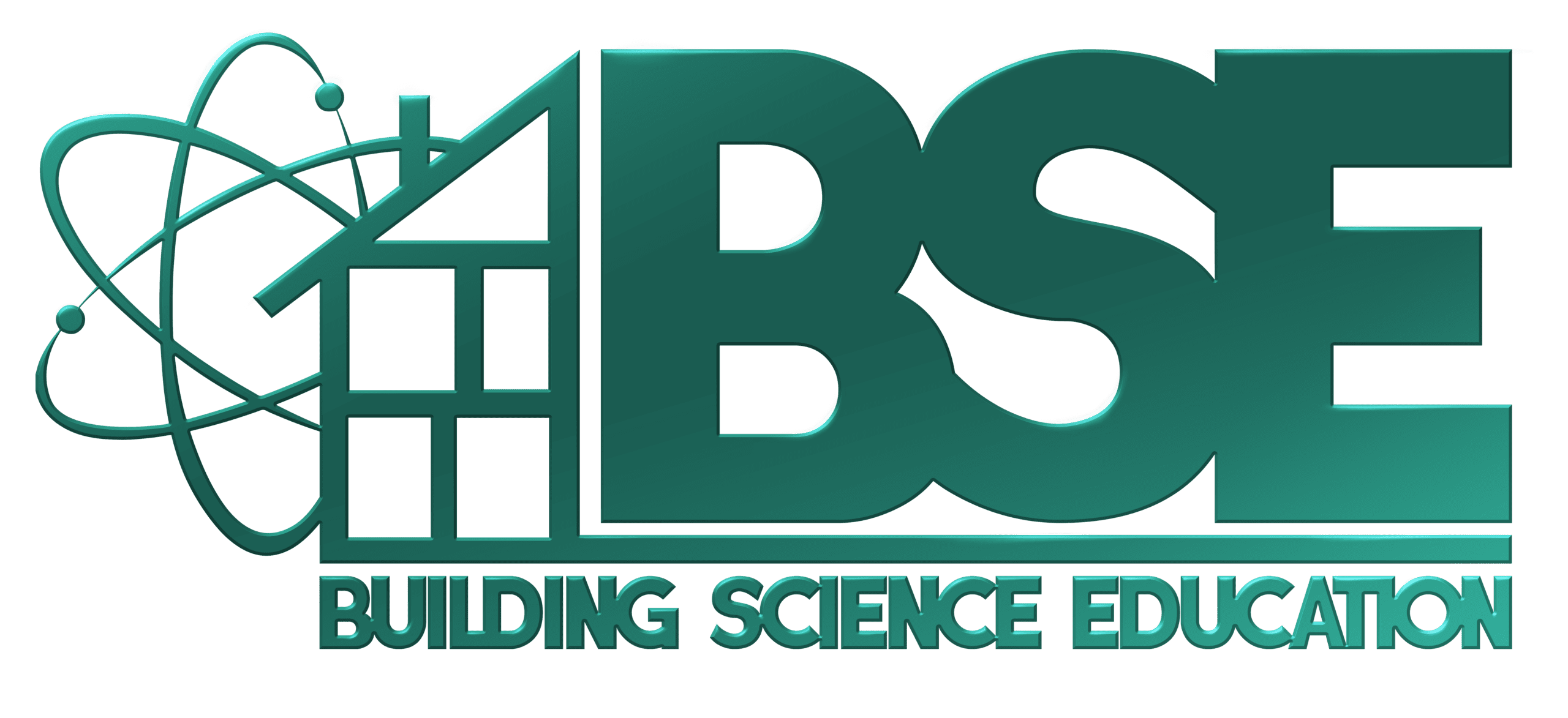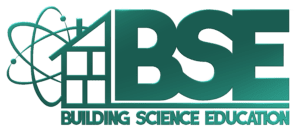Just Competition
Just Competition in Job Training, Leader Development, and Business Owner Coaching
Ensure Ethical, Strategic, and Impact-Driven Professional Growth
The industries of job training, leadership development, and business coaching exist to empower individuals and organizations—but competition in this space has become crowded with empty promises, overpriced programs, and misleading success claims.
We apply Just Competition principles to ensure training providers, leadership developers, and business coaches compete with integrity, offer real value, and create lasting impact, rather than just chase profit.
Principle #1. Just Cause – Train, Develop, and Coach to Create Real Capability, Not Just Sell Programs
The true purpose of training and coaching is to:
- Equip individuals with real, applicable skills that improve performance.
- Develop leaders who can make strategic, ethical, and high-impact decisions.
- Help business owners build sustainable, profitable, and well-run companies.
Unjust competition:
- Sells generic, one-size-fits-all programs without addressing actual needs.
- Over-promises “life-changing” or “guaranteed” results without real methodology.
Guidance for Training & Coaching Firms:
- Training should be outcome-based, measured, and tailored to the actual needs of participants.
- Success should be defined by real-world application, not just course completion.
Principle #2. Right Authority – Earn Credibility Through Expertise, Not Just Branding
A leadership coach or trainer should have real-world experience and proven methods, not just a polished marketing message.
- Authority should be based on demonstrated expertise, past results, and practical frameworks.
- Training organizations should continuously evolve and improve their methodologies.
Unjust competition:
- Relies on self-proclaimed titles (e.g., “LinkedIn® Top Coach”) rather than actual expertise.
- Uses affiliate schemes, fake testimonials, or vanity metrics to sell courses.
Guidance for Training & Coaching Firms:
- Authority should be earned through results, case studies, and participant success—not just marketing.
- Develop original methodologies or frameworks rather than repackage generic knowledge.
Principle #3. Right Intention – Focus on Growth and Transformation, Not Just Profit and Retention
A just training or coaching business exists to serve its clients’ growth, not just to lock them into ongoing programs.
- Clients should be empowered to succeed independently, not made dependent on coaching.
- Training programs should teach self-sufficiency and critical thinking, not just repeat cycles of engagement.
Unjust competition:
- Makes clients feel like they “always need more” instead of equipping them for success.
- Encourages business owners to constantly seek new coaching rather than apply what they’ve learned.
Guidance for Training & Coaching Firms:
- Train and coach in a way that creates long-term competence, not short-term dependency.
- Business owner coaching should build real strategy, not just offer motivational support.
Principle #4. Proportionality of Ends – Charge for Real Value, Not Just Perceived Status
Training, coaching, and leadership development should be priced according to the actual value provided.
- High-ticket programs should deliver truly unique insights, methodologies, and measurable outcomes.
- Clients should feel the investment translates into tangible growth.
Unjust competition:
- Overprices programs without a clear differentiation from free or lower-cost alternatives.
- Uses high-pressure sales tactics to push expensive coaching “packages.”
Guidance for Training & Coaching Firms:
- Justify pricing through measurable impact, exclusive expertise, and actionable takeaways.
- Avoid selling status (“certifications” that hold no real industry weight) over substance.
Principle #5. Last Resort – Prioritize Value Creation Before You Resort to Hard Sales Tactics
A just training and coaching business should:
- Demonstrate value upfront through case studies, free insights, and content.
- Prioritize referrals, organic reputation, and client success stories over aggressive marketing.
Unjust competition:
- Relies on scarcity-based selling (“Only 3 spots left!”) to pressure purchases.
- Constantly upsells “next level” programs to extract more revenue rather than ensuring mastery.
Guidance for Training & Coaching Firms:
- Clients should buy because they see the impact, not because they feel pressured.
- Market positioning should be based on credibility, not artificial urgency.
Principle #6. Reasonable Hope of Success – Only Take on Clients You Can Truly Help
Coaches and trainers should only accept clients when there is a realistic path to success.
- Assess client readiness before you sell high-ticket coaching or training programs.
- Ensure leadership development and business coaching aligns with the client’s actual needs.
Unjust competition:
- Sells premium training to those who aren’t ready or capable to apply it.
- Takes on business coaching clients without assessing if their business is in a viable stage for consulting.
Guidance for Training & Coaching Firms:
- Offer prerequisite assessments to ensure clients can apply what they learn.
- Focus on real transformations rather than vanity metrics.
Principle #7. The Aim of Progress – Build a Stronger Workforce, Not Just a Bigger Business
A just training and coaching firm should leave a legacy of stronger businesses and better leaders.
- Programs should contribute to economic growth, workplace efficiency, and leadership excellence.
- Coaches and trainers should create lasting methodologies that outlive their own personal brand.
Unjust competition:
- Prioritizes personal brand influence over actual client development.
- Keeps training and insights vague so clients feel they “need” constant coaching.
Guidance for Training & Coaching Firms:
- The goal should be to elevate the field, not just build a lucrative empire.
- Clients should walk away better, stronger, and able to succeed independently.
Just Competition as the Future of Training, Leadership Development, and Coaching
The best firms don’t just sell training—they empower leaders, build businesses, and create change.
- They measure success by client growth, not just revenue.
- They charge for expertise, not empty status.
- They compete by being the best, not by manipulating demand.
Just Competition ensures job training, leadership development, and business coaching remain industries of real transformation—not hype and gimmicks.







